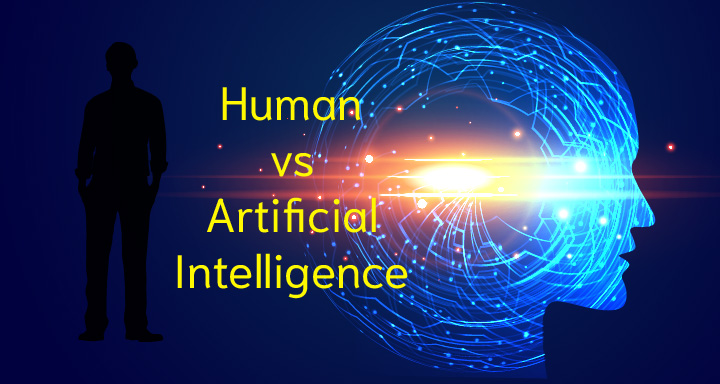The inexorable rise of artificial intelligence (AI) has set in motion a profound transformation in the realm of employment. As AI technology continues its relentless advance, some jobs are increasingly at risk of being disrupted and automated. In this article, we delve into the jobs most susceptible to the winds of AI-driven change, exploring what lies ahead for professionals in these fields.
Retail and Customer Service: Embracing the Digital Shopping Revolution
In the era of AI, it’s the retail and customer service industries that find themselves at the forefront of change. Automated checkout systems, conversational chatbots, and virtual customer service representatives are rapidly stepping into roles previously held by human cashiers and service agents. While these innovations promise heightened efficiency and convenience for consumers, they simultaneously cast a shadow of uncertainty over traditional retail positions.
Manufacturing and Assembly Line Workers: The March of Automation
The impact of AI-driven automation on manufacturing and assembly line jobs is already evident. Robots and automated systems are increasingly taking over tasks that once required human labor. While this shift holds the potential for greater productivity, it also raises concerns about the future of manual labor employment.
Data Entry and Routine Administrative Tasks: Efficiency vs. Human Roles
Professions centered around repetitive data entry and routine administrative tasks are acutely vulnerable to AI disruption. AI-powered software can process data faster and with pinpoint accuracy, potentially reducing the demand for clerical positions.
Transportation and Delivery Services: Steering into the Autonomous Future
The introduction of self-driving vehicles and drones heralds a transformative era for the transportation and delivery sector. Taxi and truck drivers, as well as delivery couriers, may soon contend with job displacement as autonomous vehicles become increasingly ubiquitous. Although these innovations promise heightened safety and efficiency, they also cast a shadow of job uncertainty in these fields.
Financial and Investment Advisors: Human Expertise vs. Robo-Advisors
Even high-skilled professions like financial and investment advising confront the specter of AI disruption. AI algorithms can analyze financial data and market trends more swiftly and accurately than their human counterparts, catapulting robo-advisors into the spotlight. This paradigm shift raises fundamental questions about the job security of traditional financial advisors, compelling them to adapt to stay competitive.
Also read: How Workers Secretly Use AI at Their Job
Healthcare Diagnostics and Radiology: The AI Revolution in Medicine
Within the healthcare sector, AI is revolutionizing diagnostic imaging and radiology. AI-powered systems excel at swiftly and accurately detecting anomalies in medical images, potentially reducing the demand for human radiologists. This development, while enhancing diagnostic precision, prompts profound contemplation of the future roles of healthcare professionals.
Call Center Operators: Chatbots and the Human Touch
Call centers are increasingly entrusting AI-driven chatbots and virtual agents with customer inquiries. While this trend may displace routine call center operators, human operators remain essential for complex or empathy-driven interactions.
The future of employment stands inexorably intertwined with the burgeoning influence of artificial intelligence. While AI proffers manifold advantages, from augmented efficiency to heightened accuracy, it simultaneously poses challenges to specific employment sectors. As jobs become increasingly vulnerable to automation, individuals must prioritize adaptability and the acquisition of skills that complement AI technologies. Additionally, policymakers and businesses must chart strategies for supporting affected workers through initiatives focused on retraining and upskilling, ensuring a seamless transition into the AI-driven landscape of tomorrow’s workforce.



